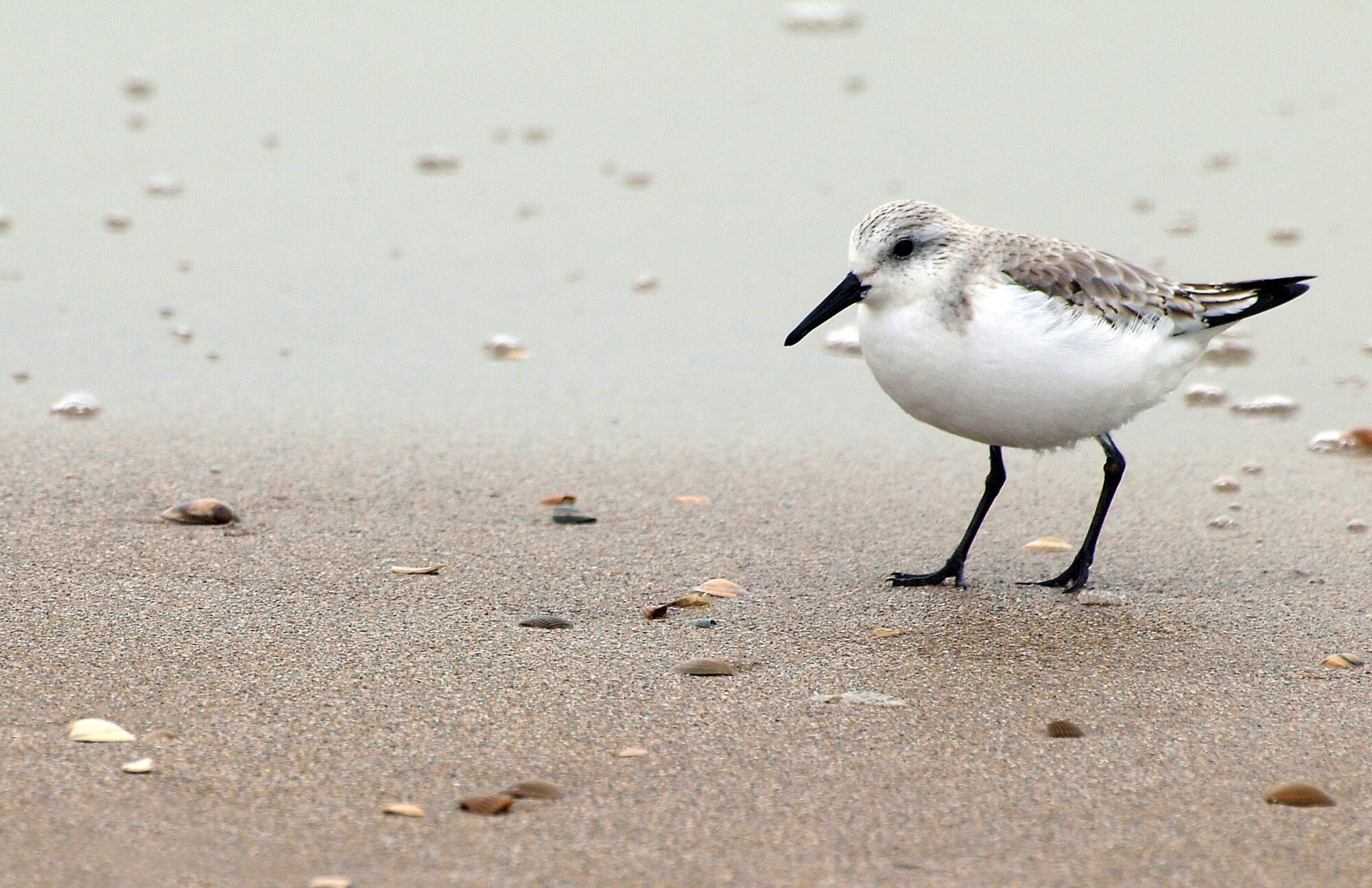Sometimes you just have to wonder. I’m finding myself wondering why anyone would get themselves all wound up over some classic children’s literature, written early in the Twentieth Century, and pick it to bits for being “inappropriate” for today’s little bubble-wrapped offspring. The authors are copping it too.
English writer, Enid Blyton (1897 – 1968), wrote many of the classics in question, which have been put under the Thought Police microscope for years now and have been watered down under the banner of “editing for modern audiences” which means removing or rewriting any bits deemed too harsh for the littlies to cope with. Enid, herself, has also been denigrated as racist, sexist and homophobic and perhaps not “a very good writer” anyway, which is the excuse the Royal Mint used for scuttling plans to produce a 50 pence coin, commemorating the 50th anniversary of her death. They are worried about the backlash from the self-appointed Thought Police and their cronies.
Enid’s writing reflected the times as they were during her lifetime and her books were really popular with children, but as well as the labels dumped on her by the Royal Mint, Australian newspaper columnist, Jacqueline Maley, has decided Enid was also a snob because of the type of characters depicted as the baddies in her stories, and added she has “no issue” with the books being “edited” because she doesn’t want to have to “explain” to her four-year-old child what a golliwog is.
Really? She must have opted not to look into that.
Well that’s okay, because I have. The golliwog first came about as a character in a series of children’s books created by illustrator, Florence Kate Upton, and produced in collaboration with her mother, Bertha Upton, who wrote the 13 Golliwog books, the first of which was “The Adventures of Two Dutch Dolls and a Golliwog” in 1894. The little character and the series of books became very popular. But where did the name Golliwog come from? Well, disappointingly for the PC crowd, it was just a random name chosen by Florence for a favourite toy, a little black rag doll in colourful clothing, when she was a little girl, and is believed to have been derived from the word, polliwog, which means immature frog/tadpole. No mention of race or colour. Nothing there to distress the little one, after all, Jacqueline.
Anyway, the golliwog became so popular that British jam manufacturer, James Robertson and Sons, began using a golliwog called Golly as it’s mascot in 1910, after James had seen several children playing with golliwog dolls in America. Golly remained their mascot until 2002, when the company finally succumbed to pressure from the politically correct and Golly was dropped. What a shame.
Pseudo history has had a field day with the golliwog though, attributing many alleged racial slurs to the doll. In 2015, one of the alternative histories to emerge claimed the golliwog doll was based on Egyptian workers forced to serve under British occupation during the Anglo-Egyptian war. But there are no records to support this, as there are no references to any such connection prior to 2015.
Before her death in 1922, Florence Upton was quoted as saying “I am frightened when I read the fearsome etymology some deep, dark minds can see in his name.” because it was, after all, just a name she chose for her favourite toy and was completely devoid of all the negative, racist connotations later attributed to it. But this is what happens when people go looking for things that are not there. In the absence of something to find fault with, they will just concoct something, and before long, many will accept it as truth, even when it isn’t.
Like a series of children’s books based around Dorothy Wall’s little character, Blinky Bill; sanitising him as a politically correct, green, environmentally conscious type; all of which he wasn’t. Blinky was always into mischief and getting into trouble! But the children exposed to the sanitised Blinky Bill believed this version is the original. The books really annoyed me and I didn’t give them to my kids to read. I hate what is happening to children’s literature, and am not plussed on the character assassination of authors either. It is all so nanny-state.
Let’s leave the classics alone.
